Polaris Bank, NCF Expand Tree Planting Drive To Lagos, Ogun, And Kaduna States
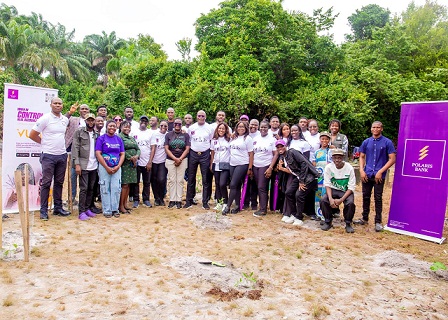
Polaris Bank, in partnership with the Nigeria Conservation Foundation (NCF), has extended its nationwide tree planting campaign to three key locations: The Lekki Conservation Centre in Lagos State, the Federal University of Agriculture, Abeokuta (FUNAAB), Ogun State and Sardauna College Kaduna, Kaduna State.
The initiative, first launched in 2024 during the Bank’s World Environment Day commemoration, is part of Polaris Bank’s broader commitment to combating climate change, reducing carbon emissions, and promoting sustainable environmental practices across Nigeria.
The Lagos edition, which held at the iconic Lekki Conservation Centre, was attended by Executive Directors, Chris Ofikulu and Sharafadeen Muhammad, alongside partners from NCF.
Speaking at the event, Chris Ofikulu, Executive Director, Commercial and Retail expressed his appreciation to all participants at the Tree-planting exercise, noted that the initiative highlights the importance Polaris Bank attaches to environmental sustainability. He recalled leading the Bank’s first tree planting activity after its launch in 2024 at TASUED, Ogun State.
He further noted that the exercise aligns with the United Nations Decade of Ecosystem Restoration, a global movement dedicated to securing a greener future for generations to come. He emphasized that Polaris Bank sees sustainability not merely as a responsibility but as a business imperative.
He added that, through this initiative, Polaris Bank reaffirms its role beyond banking services and remains firmly in line with the collective goal of planting 10,000 trees.
Also speaking at the event, Sharafadeen Muhammad, Executive Director, Operations, emphasized that protecting the environment and the planet is a shared responsibility for the benefit of all.
He described the initiative as a commendable effort and encouraged the establishment of reserves that conserve nature while creating economic value. He further reaffirmed Polaris Bank’s commitment to supporting the tree-planting initiative.
In Ogun State, the Divisional Head, Ogun/Oyo, Yetunde Okeleye emphasized that the tree-planting initiative reflects Polaris Bank’s unwavering commitment to environmental sustainability. By planting economic trees across the country, including Ogun State, we are demonstrating that sustainability is not just a responsibility but part of our ethos as a Bank.
Our partnership with the Nigerian Conservation Foundation at the Federal University of Agriculture, Abeokuta, underscores our resolve to restore degraded land, prevent soil erosion, and combat climate change.
Through this initiative, Polaris Bank reaffirms its role as a driver of environmental stewardship and community well-being, while contributing to a greener and more sustainable future for generations to come.”
In Kaduna State, Mr. Kabir Lawal, Acting Group Head, North West, alongside the Bank’s staff from Kaduna business locations, reiterated, sustainability is not just a catchphrase but the Bank’s culture, a journey pursued with conviction.
Every decision we make is guided by environmental, social, and governance (ESG) principles, ensuring that we address environmental issues while empowering communities and driving inclusive growth.
He further said that the exercise at Sardauna Memorial College, in partnership with the Nigerian Conservation Foundation, is a testament to this commitment. Beyond reducing carbon footprints, our Tree-planting initiative restores degraded areas, prevents soil erosion, improves environmental health, and raises awareness on the importance of preservation.
The NCF commended Polaris Bank’s leadership, stressing that the selected trees comprising fruit bearing and shade providing species would serve multiple benefits, including erosion control, wind breaking, shade provision, and food security.
Community representatives from FUNAAB and Sardauna College Kaduna expressed gratitude to Polaris Bank and NCF for spearheading the initiatives, describing them as timely and impactful in addressing the global climate challenge.
Polaris Bank continues to integrate sustainability into its operations, ensuring that climate action and community development remain central to its long term growth strategy. Through collaborations like this, the Bank reaffirms its role as a catalyst for positive environmental and social impact.



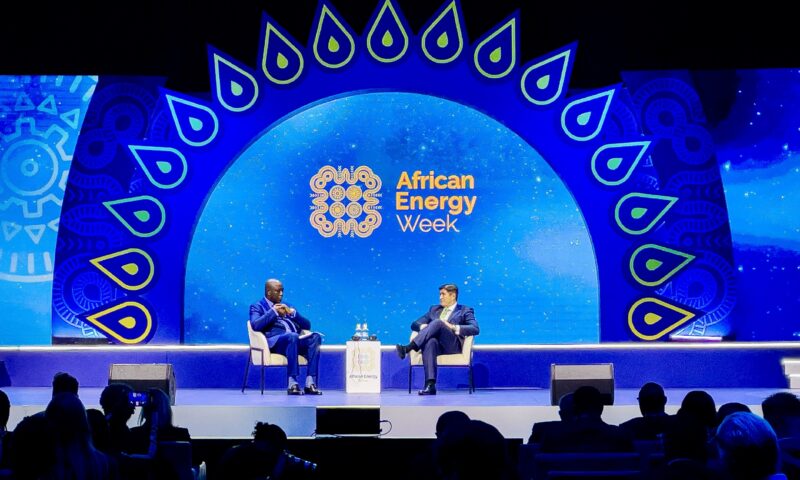


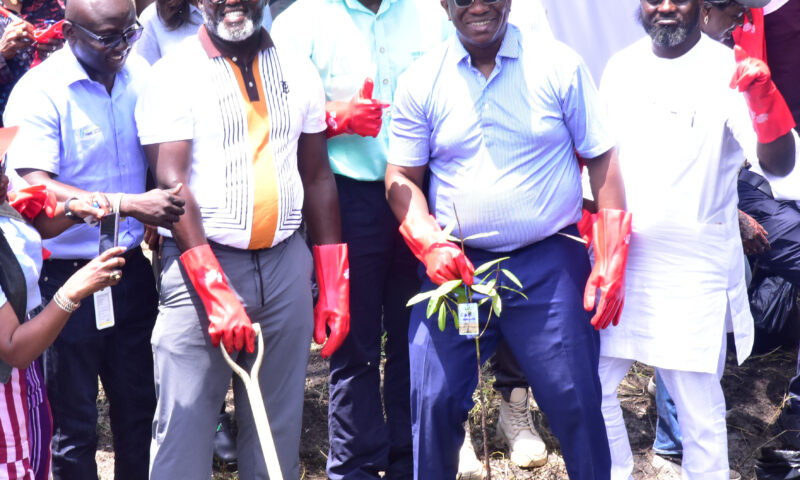
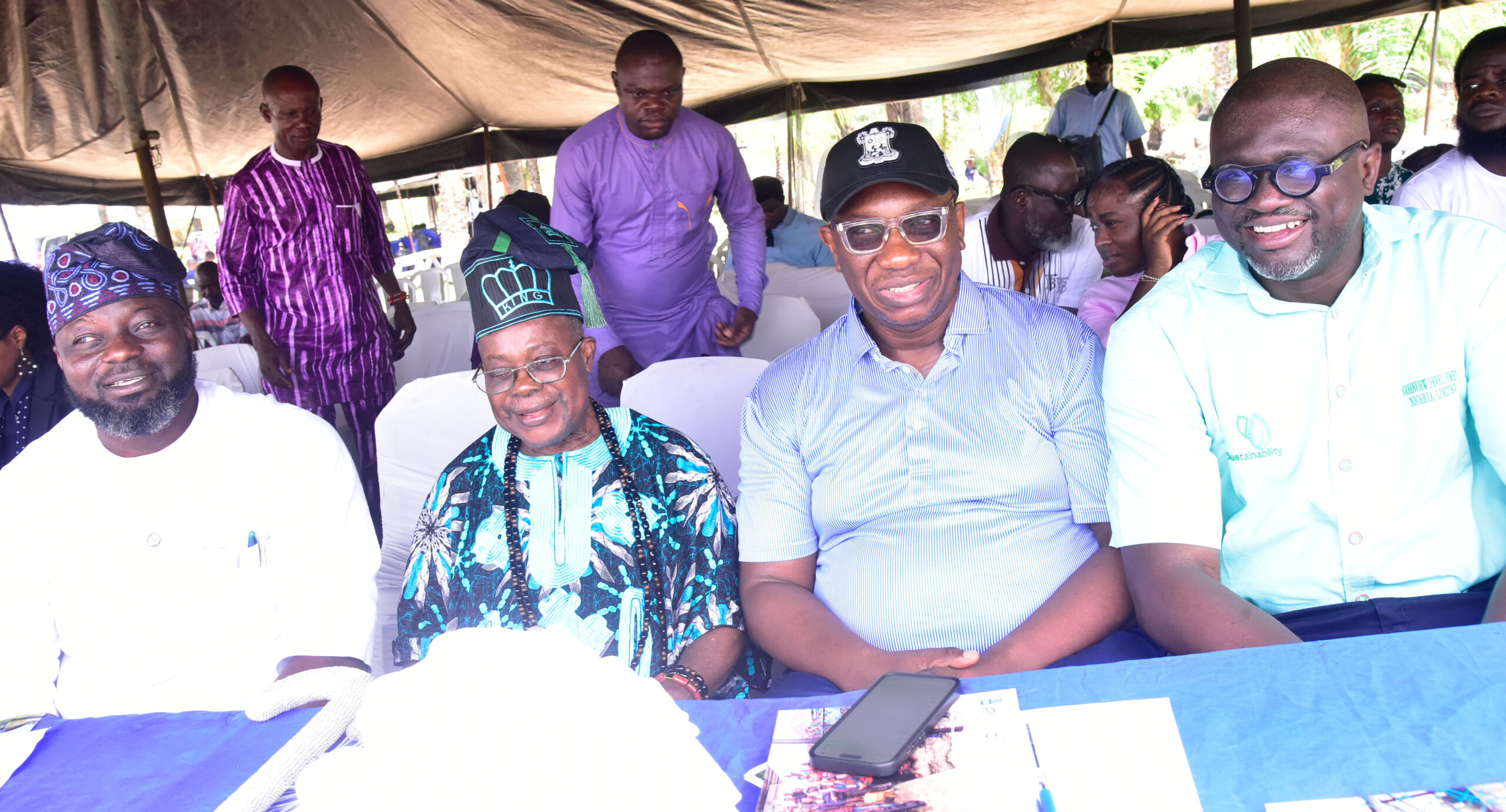
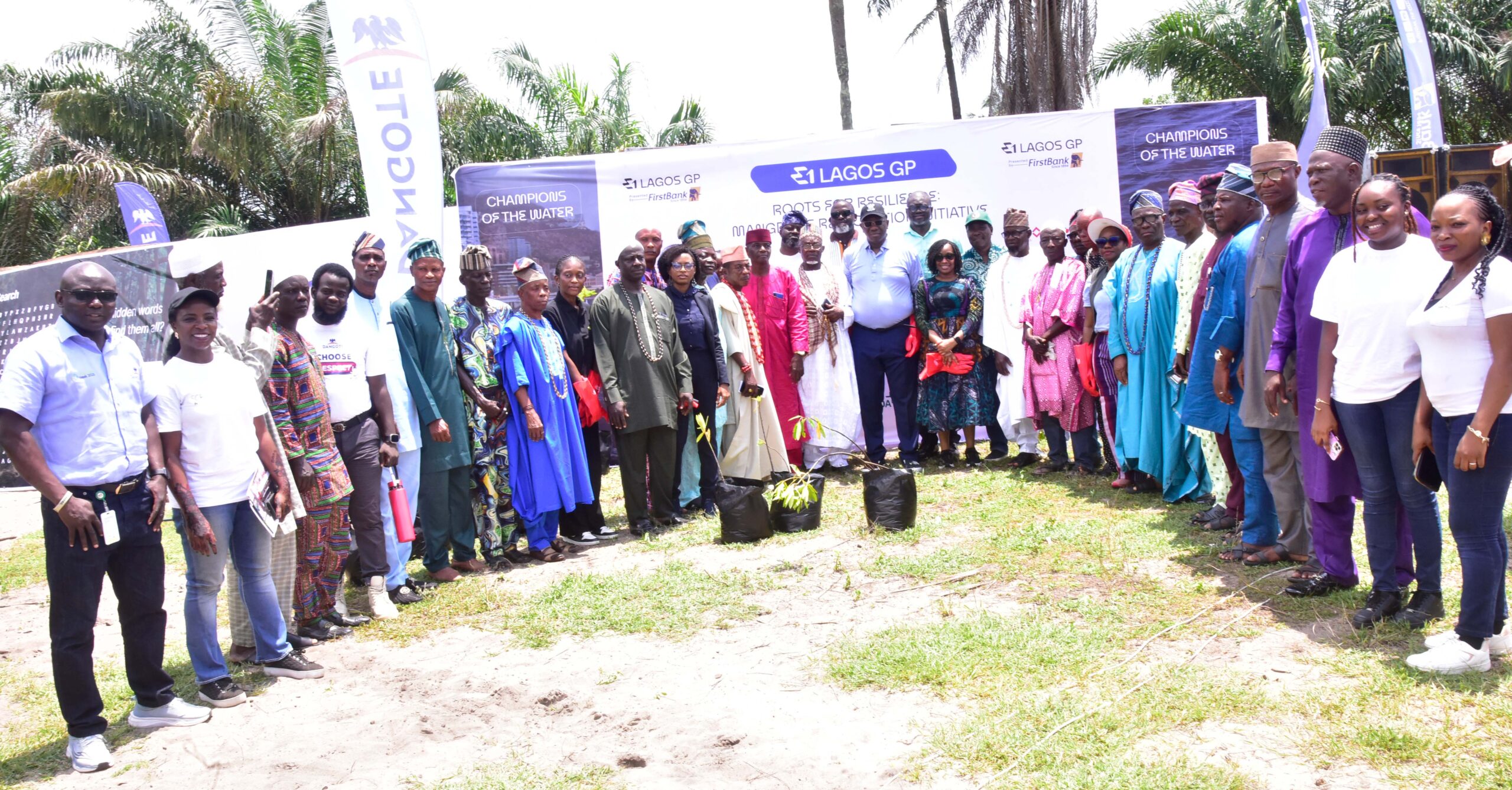
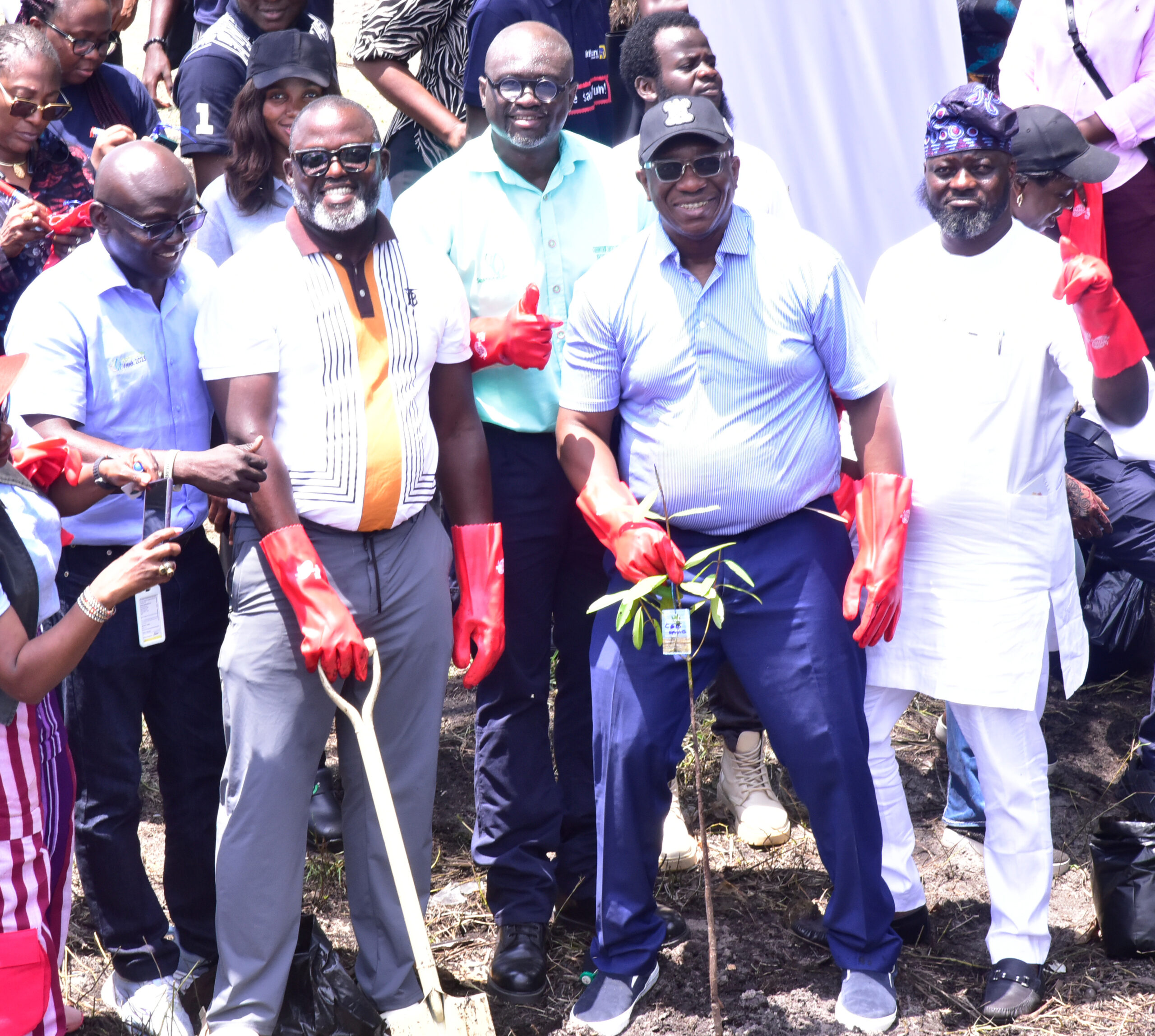
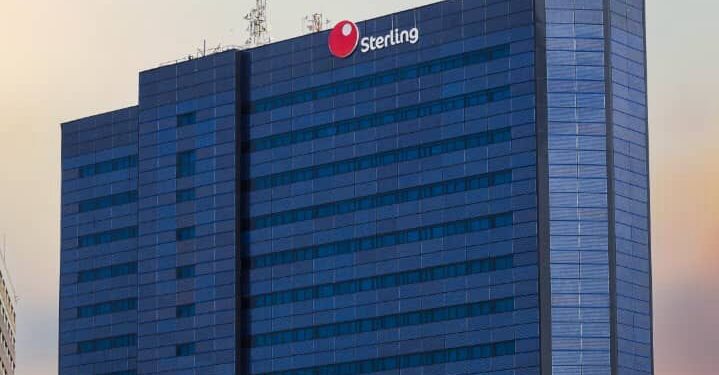
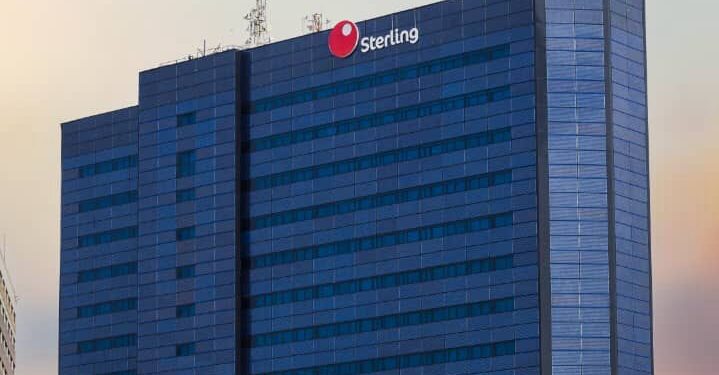 Winifred Bosa
Winifred Bosa